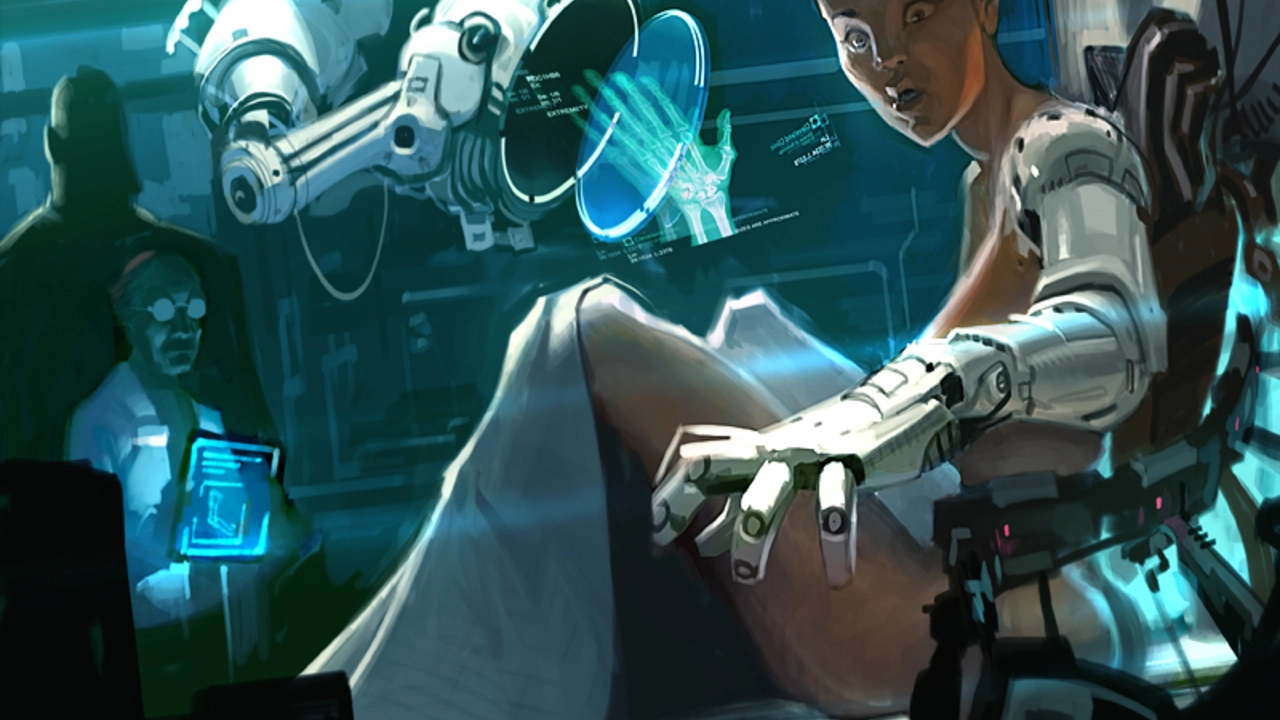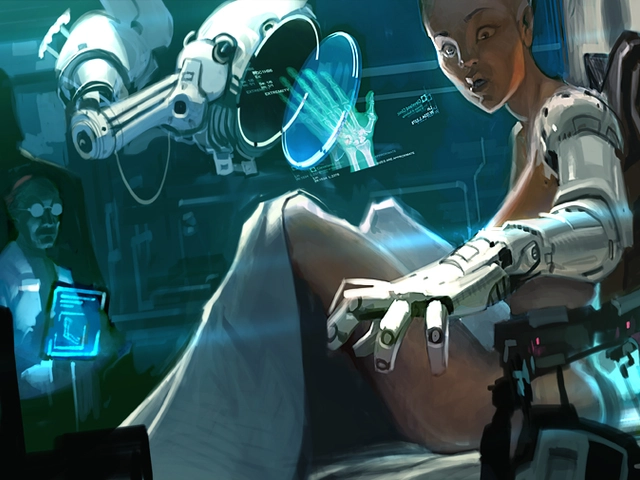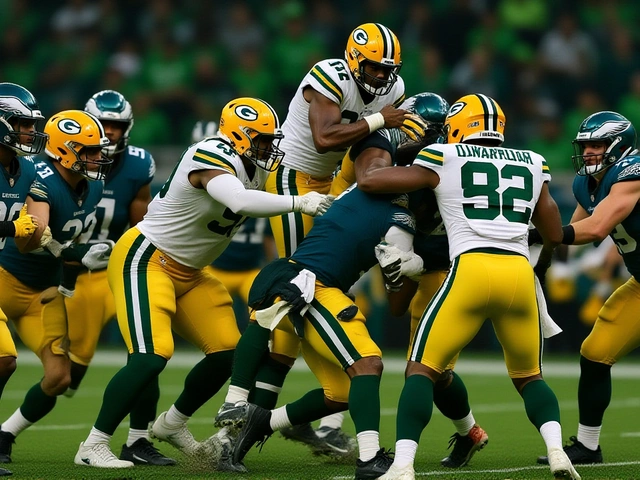
A Past Reflection on Future Predicaments
Let's roll back the clock, shall we? Picture this: hanging out on a lazy Saturday afternoon, my Dalmatian Bosco nestled next to me and we're watching one of those classic 20th-century sci-fi flicks. I'd agree with you if you'd say that this was a strange choice for a dog-be it a human breed like Bosco or a K-9 from Doctor Who. However, this was what I ironically call our 'pup-corn time'.
There were incredible depictions of flying cars, aliens, strange new worlds, and the futuristic utopia (or dystopia) that made these films such fascinating experiences. As a tech geek, I loved those seamless interfaces that responded to a mere touch or gesture; and don't get me started on the AI entities with whom you could carry on a conversation!
However, as time rolled on, I began noticing a trend. It seemed as though our once boundless curiosity about the future was starting to ebb in our movies. The recent slate of sci-fi films appeared to hold back from imagining the years beyond our own. A strange realization, for sure.
Trading Innovation for Revision
Why might this be the case? Well, one theory I hold is that as our technological advancements have accelerated, our science fiction has involuted. It's a bizarre turn of events: we can accomplish things today that were once purely the realm of make-believe, and yet our cinematic projections of the future seem trapped in the aesthetics of the past.
Take, for instance, our movie spaceships. Once the epitome of the unfamiliar and the futuristic, they have become oddly retrofitted. The sleek chrome futurism of yesteryears has morphed into something distressingly familiar. And it's not just the look and feel; the concepts have become overly familiar too. Time travel, teleportation – they've become staples, not novelties. As though our vision of the future is trapped in a loop itself, rehashing the ideas we'd consigned to the past.
Living the Future in the Present
I suspect that one reason why sci-fi seems to have lost its propensity to dream might be due to how rapidly our present is changing. Look at our world today – a pandemic has tragically transformed the globe, climate change looms ominously on the horizon, and inequalities have pushed society into a turbulent space. Our cultural and technological evolution now outpaces Hollywood's ability to dream up new fates for humanity.
Furthermore, we are now living what was once imagined as the 'future'. Electric cars, robots, space tourism – our contemporary reality is a never-imagined future for many sci-fi creators of the past. And as we embrace this new reality, our narratives have become less about the extraordinary and more about the mundane within the new normalized-technology-heavy environment.
A Shift in Societal Issues
Another significant aspect to consider is the transformation of the societal issues sci-fi seeks to tackle. Sci-fi has always been a genre that reflects our deepest fears and hopes for society. However, the narratives woven around these topics have increasingly moved away from the 'high-tech' dystopias and utopias to grappling with issues that bear a closer resemblance to home.
Climate change, for instance, has evolved into a major plot point in many contemporary sci-fi movies. The threat is real and immediate, and it's right here on Earth, not on some far-off planet. This shift in subject matter is telling – our collective 'future fear' seems to be less about a distant, technologically advanced society, and more about the survival of our own planet and civilization in the near future.
Loss of the Grand Narrative
The grand narrative, my friends, has become a casualty of this changing landscape of sci-fi. Punchy one-liners, fantastic spaceships, and mind-bending technologies – these are no longer sufficient to drive a sci-fi plot. Instead, it's the subtle amalgamation of high-concept ideas and existential themes, wrapped within the confines of an ever-changing present, that make a compelling sci-fi story.
Perhaps, that's why recent sci-fi films seem to have stopped imagining the 'future' per se. They're more invested in exploring the intricacies of identity, reality, and society within the context of a world that's already teetering on the brink of 'futurism'. And maybe, just maybe, in this shift, we'll find the spark to rekindle the grand narrative, albeit with a different perspective.
An Era of New Beginnings
In the face of all these changes, it's easy to wax nostalgic about the 'good old days' and lament what sci-fi films have 'lost'. Yet it's crucial to recognize that every era demands its own narrative. The future isn't receding from our view; instead, it's being redefined. And isn't that what sci-fi is all about – pushing the envelope, reinventing realities, beckoning us towards the unique and unfamiliar?
Sure maybe Bosco and I miss the grandeur and theatrics of older sci-fi films but that doesn't mean we enjoy the evolving narratives less. Bosco, for instance, is particularly fond of WALL-E. Don't ask me why. But every era comes with its own needs, fears, and hopes. And the capacity of sci-fi to reflect this epochal evolution is perhaps its greatest strength. As long as that continues, I believe the sci-fi genre is well and truly alive. And I, for one, look forward to the journeys it'll take us on in the years to come – accompanied, as always, by Bosco, a bucket of pup-corn, and a buzzing sense of anticipation for the future.




